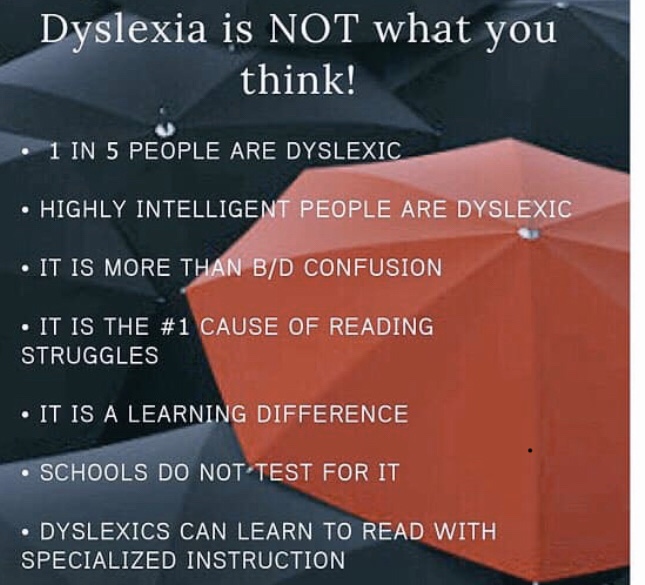Author:Heidi Stoffel,founder of Aspire Academy, Decoding Dyslexia Iowa & Literacy Lifeline.
Dyslexia is trouble with reading, writing
It is VITAL that teachers and parents are attentive to their child’s reading ability during their educational career. Parents and teachers are on the front lines of a child’s reading development, and they are the best ones to see the early signs. Children with dyslexia need an intensive, systematic phonics-based reading program, and they need to receive 120-180 minutes of this type of reading program per week for approximately 2-3 years to attain grade-level reading.
Concerned?
Dyslexia Symptom Checklist – Click Here
Dyslexia is a hidden impairment. Dyslexia is
Children who struggle with reading are more likely to develop depression, anxiety
Myths about Dyslexia

- If your child struggles with reading, writing
and spelling: - In Iowa, your child will need specific tutoring for their dyslexia because Iowa schools do not provide the programs needed for children with dyslexia. Helping your child now with targeted, systematic phonics will ensure they can achieve their dreams, go onto higher education and thrive.
#SayDyslexia and save a life!
My name is Heidi Stoffel, and I have a son with moderate dyslexia. It took me years of research to discover how to help him, and because information was so hard to find, I became a dyslexia warrior, helping to create Decoding Dyslexia Iowa and two dyslexia learning centers that deliver systematic phonics tutoring. Information in this article includes statistics from the American Academy of Pediatrics and Overcoming Dyslexia by Dr. Sally Shaywitz of Harvard University.

